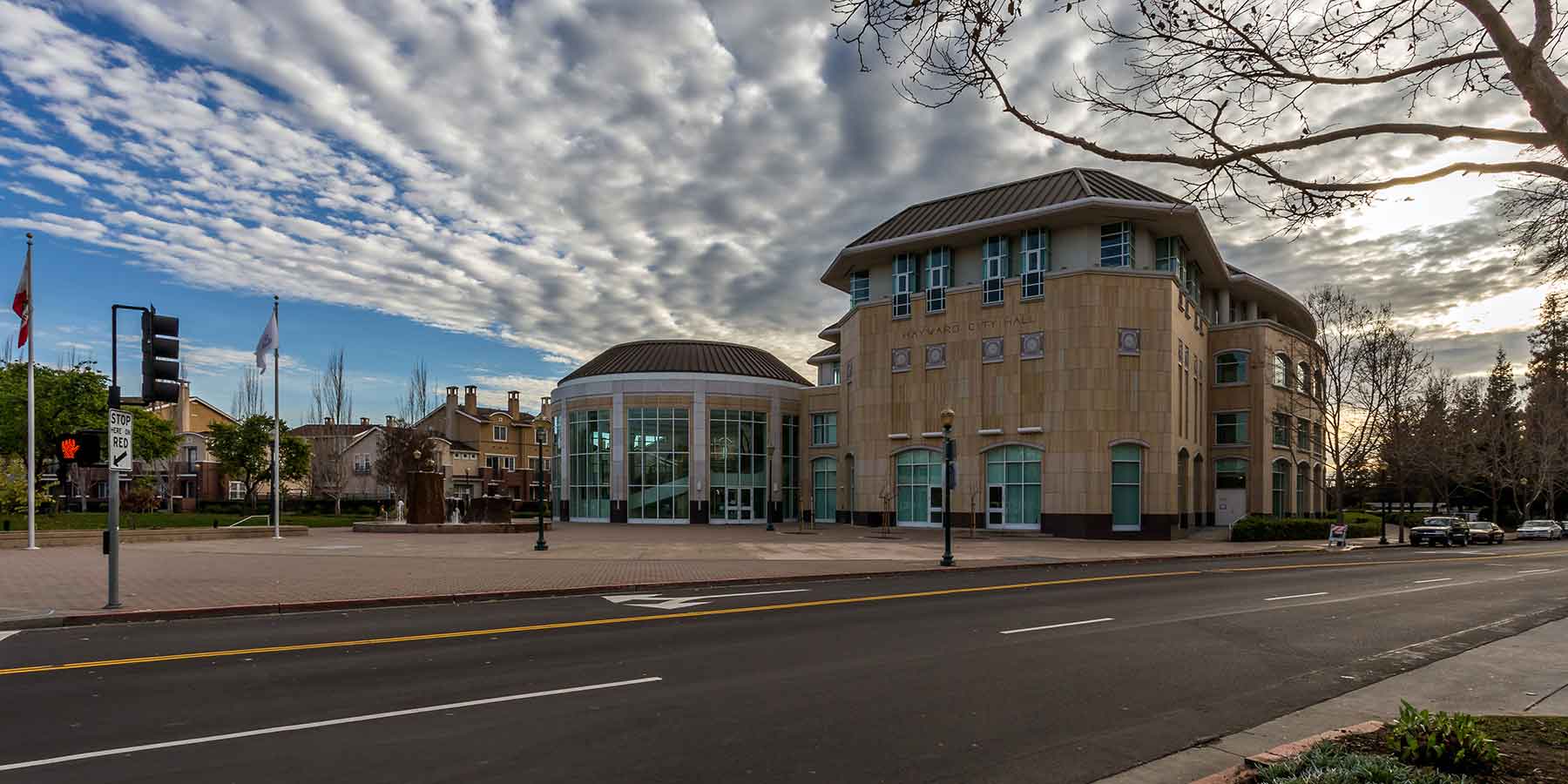Hayward’s 1992 Anti-Discrimination Plan update formally accepted by City Council
New Commitment for an Inclusive, Equitable and Compassionate Community, an action plan for improving government relations
HAYWARD, Calif., Nov. 29, 2017—The City Council voted unanimously Tuesday to accept an update to the city’s 25-year-old anti-discrimination plan that calls for proactive steps to build trust and participation in local government across all population groups.
Called the Commitment for an Inclusive, Equitable and Compassionate Community (CIECC), the CIECC Action Plan is the work of a Community Task Force made up of Hayward residents appointed by Hayward City Council in January following the 2016 national election and amid heightened concern about the federal executive orders related to immigration and the impact on local residents.
“We are a one of the most diverse communities in California,” Mayor Barbara Halliday said. “It was important for us to give voice to local concerns and create a deliberative process for how to respond.”
The Community Taskforce, originally chartered with 20 members, undertook a program of community outreach and interviews to gather public input and deliberated over a period of nine months on a set of recommended strategies and next steps.
Its first recommendation was acted on in June when the Council voted unanimously to adopt a resolution formally declaring Hayward a Sanctuary City. The declaration and a subsequent administrative rule issued by the City Manager reiterated and restated policies and practices already in place—among them that city police and municipal employees are expected to treat residents equally regardless of immigration status, and that they may not inquire or gather information about residents’ immigration status in the course of doing their jobs, or participate in or expend municipal resources in the enforcement of immigration laws.
The Commitment document formally accepted by the Council on Tuesday contains dozens more recommendations, including combatting discrimination, promoting cross-cultural understanding, improving accessibility of city services, participation in civic life, and community trust in local government and law enforcement, especially among foreign-born residents.
Among the recommendations:
- Implicit bias training for city officials
- Formation of a community advisory board to the Chief of Police
- Evaluate effectiveness of affordable housing policies
- More multicultural neighborhood events
- Enhanced legal assistance services
The plan calls for annual progress reporting to the Council on the implementation of the Commitment recommendations and quarterly meetings of the Community Taskforce in 2018 to discuss results and next steps.
For more information on the Community Taskforce or the Commitment for an Inclusive, Equitable and Compassionate Community, visit the Community Taskforce website.
Download the full press release.








